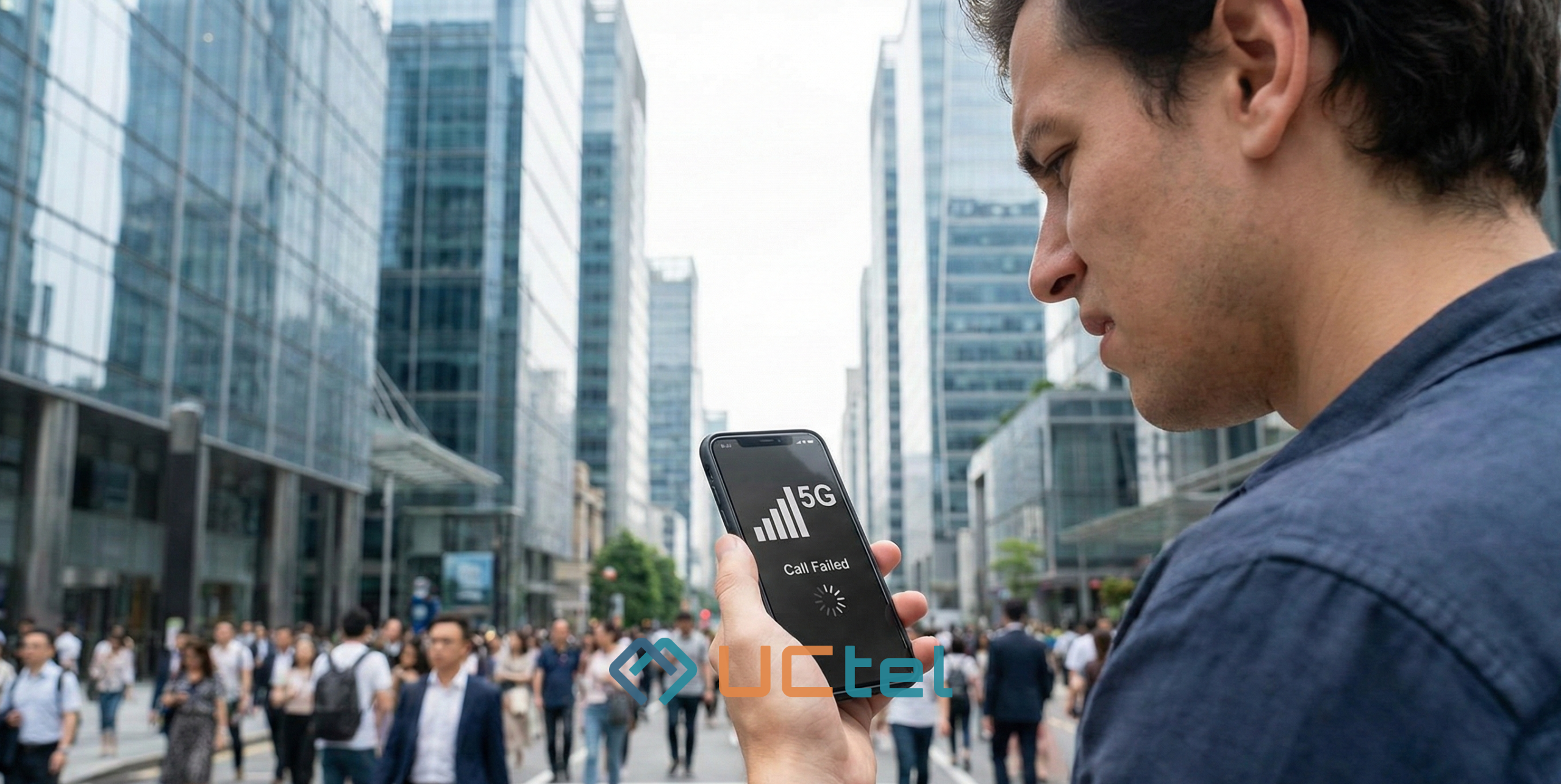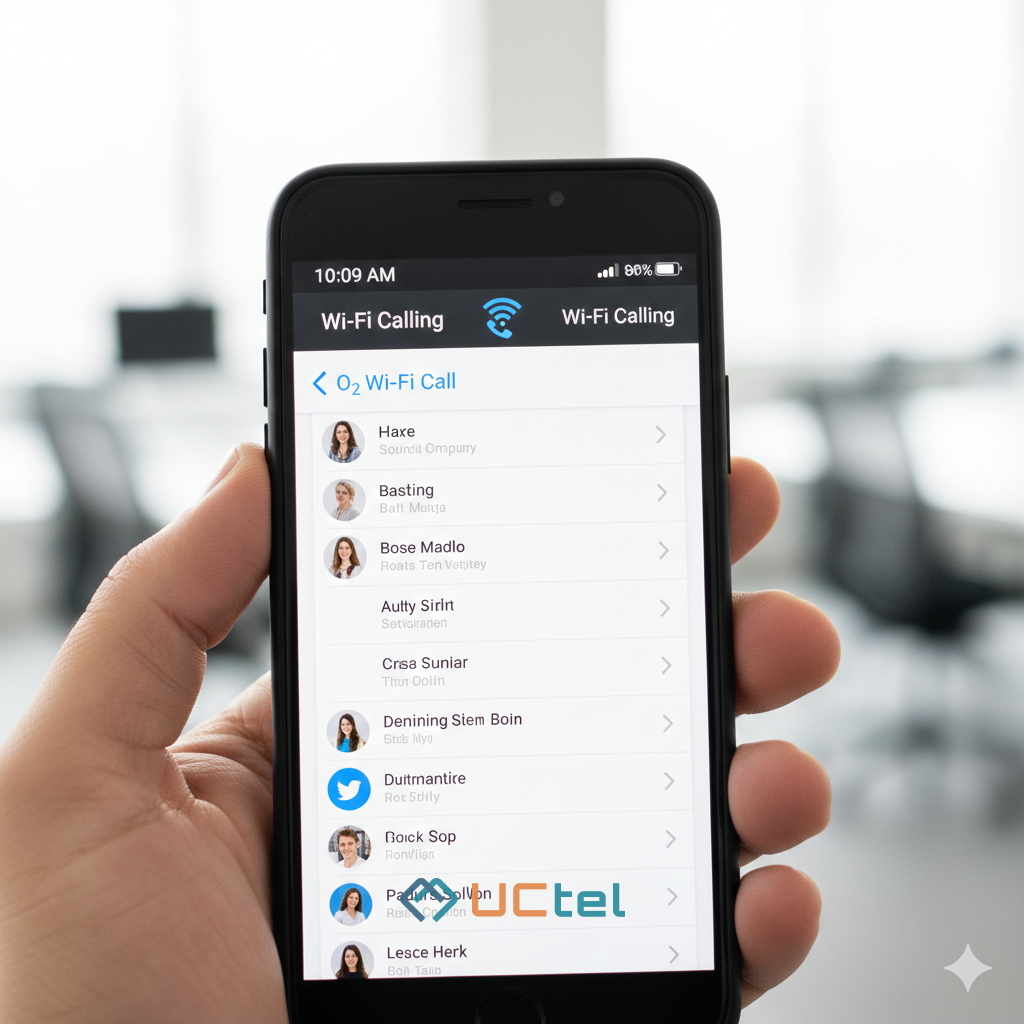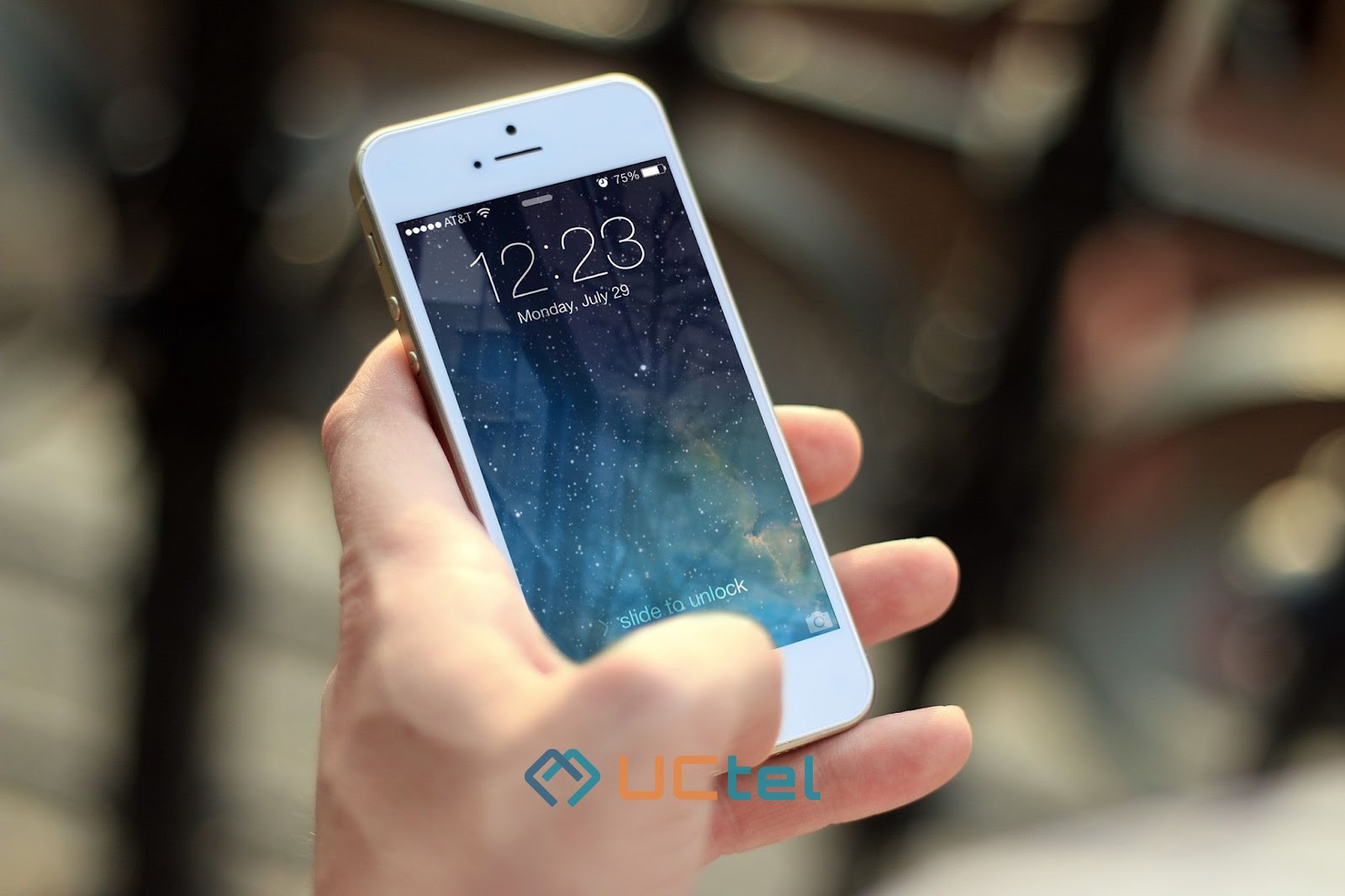
Best Mobile Signal Booster for Office Buildings: Improve Your Mobile Coverage Today
Table of contents
Poor mobile reception in office buildings poses a significant challenge for businesses today. In modern commercial environments, stable connectivity directly impacts productivity, client communication, and overall operational efficiency. Office buildings, with their concrete walls, metal structures, and energy-efficient windows, often create environments where mobile signals struggle to penetrate.
A Mobile signal booster for office offers an effective solution to this widespread problem by capturing outdoor signals and enhancing them indoors. These powerful systems work with all major carriers and device types, ensuring everyone in your workplace stays connected regardless of their service provider.

Signal Rooter
How signal boosters transform office connectivity
At their core, mobile signal booster systems function through a three-component design that effectively bridges the gap between outdoor tower signals and indoor spaces.
These systems capture even weak existing signals from nearby mobile towers, amplify them significantly, and redistribute the enhanced signal throughout office environments. Most commercial-grade boosters deliver impressive signal gain ranging from 65 dB to 100 dB, depending on the model specifications and office requirements.
Modern boosters incorporate sophisticated automatic gain control technology that prevents signal overload and interference with carrier networks. This intelligent self-regulation ensures optimal performance without disrupting broader mobile infrastructure.
The technology works seamlessly across all frequency bands used by major carriers, supporting both voice calls and high-speed data transmission.

Office in the UK
The three-component system that eliminates dead zones
The effectiveness of signal boosters stems from their integrated design:
- External antenna captures available mobile signals from nearby towers
- Central amplifier processes and strengthens these signals substantially
- Internal antenna(s) distribute the boosted signal throughout the office space
- Coaxial cabling connects these components into a unified system
- Advanced electronics maintain signal quality while preventing feedback loops
Universal compatibility with all networks and devices
One key advantage of quality signal boosters is their carrier-agnostic operation.
Modern signal amplification technology supports every mobile device in your office, from smartphones and tablets to mobile hotspots and IoT devices.
The latest boosters are fully 5G-compatible while maintaining backward compatibility with 4G/LTE networks. This ensures businesses can leverage cutting-edge wireless technologies while protecting their investment as networks evolve.
Most importantly, these systems require no monthly fees or subscriptions after initial purchase and installation.
Selecting the right coverage for your office space
Effective signal booster implementation requires careful assessment of your unique office environment. Coverage capabilities vary significantly based on several critical factors. The outdoor signal strength available at your location serves as the foundation,stronger external signals yield more extensive indoor coverage. Building materials significantly impact signal distribution, with concrete, metal, and low-E glass creating more substantial barriers than wood or drywall.
Understanding square footage requirements
Office signal boosters are available in various configurations to match different spatial needs:
- Small office solutions covering up to 900 square meters
- Mid-size systems supporting approximately 3,000 square meters
- Enterprise-grade installations handling 4,500 square meters
- Multi-unit systems for buildings exceeding 30,000 square meters
- Custom configurations for complex or multi-building campuses
Impact of building materials on signal distribution
The construction of your office significantly affects signal propagation. Modern commercial buildings often incorporate materials that inherently block mobile signals. Recent studies show that low-emissivity windows, common in energy-efficient buildings, can reduce signal strength by up to 70%.
Strategic antenna placement becomes crucial in overcoming these structural challenges, particularly in spaces with multiple floors or separated departments.

UK Corporate Office
Top signal booster solutions for business environments
The market offers various commercial-grade solutions tailored to different business needs. For smaller offices up to 2,500 square meters, compact systems with single indoor antennas often prove sufficient. Medium-sized offices benefit from intermediate solutions supporting up to 3,000 square meters with multiple indoor antennas for balanced coverage. Large facilities exceeding 4,500 square meters typically require professional installation of enterprise systems with distributed antenna networks.
Small to medium office solutions
Compact business signal boosters strike an excellent balance between performance and affordability for smaller operations. These systems typically feature simplified installation requirements while still delivering substantial coverage improvements.
Most support up to 20-30 simultaneous users without performance degradation, making them ideal for small businesses, satellite offices, or specific departments within larger organisations.
Enterprise-grade systems for large facilities
For substantial commercial properties, enterprise-grade boosters deliver comprehensive coverage with sophisticated features. These systems incorporate advanced wireless signal distribution networks that can support hundreds of simultaneous connections across expansive areas.
Many enterprise solutions offer remote monitoring capabilities via dedicated management interfaces, allowing IT teams to oversee system performance without physical access.
- Enterprise systems typically cover 4,500 to 30,000+ square meters
- Advanced models feature LCD displays and system monitoring
- Remote management via Bluetooth or web portals enables efficient oversight
- Professional installation ensures optimal antenna placement and configuration
- Customizable solutions address unique building layouts and requirements
Business benefits beyond basic connectivity
Reliable mobile connectivity transforms workplace productivity in measurable ways. According to recent industry research, employees waste an average of 52 minutes weekly dealing with poor connectivity issues, time that directly impacts bottom-line results. By eliminating dead zones and dropped calls, businesses ensure seamless communication both internally and with clients.
Productivity and communication improvements
Enhanced signal strength delivers tangible operational advantages for modern businesses. Staff can maintain reliable voice calls throughout the facility, regardless of their location within the building.
Improved data transmission speeds support bandwidth-intensive applications like video conferencing, cloud services, and real-time collaboration tools. This consistent connectivity enables teams to work efficiently without frustrating interruptions or the need to relocate for better reception.
- Eliminates dropped calls during critical client conversations
- Supports reliable emergency communications throughout the facility
- Enables consistent access to cloud-based business applications
- Improves overall workplace satisfaction and efficiency
- Prevents communication delays in time-sensitive situations
Enabling next-generation mobile applications
Beyond addressing current connectivity challenges, signal boosters position businesses to leverage emerging technologies. The rollout of 5G networks promises revolutionary capabilities for commercial applications.
Enhanced indoor 5G coverage enables advanced use cases like augmented reality training, IoT implementation, and edge computing applications that will define the next generation of business operations.
Quality, reliability, and support considerations
When investing in signal boosting technology, quality and reliability should guide decision-making. Ofcom certification ensures the system meets strict technical standards and won't interfere with carrier networks.
Most reputable manufacturers offer comprehensive three-year warranty coverage and money-back guarantees ranging from 30 to 90 days, providing assurance for this significant business investment.
Look for systems designed or assembled in established markets, which often demonstrate superior build quality and more reliable performance. These products typically undergo more rigorous testing and quality control processes. Many premium options feature sophisticated monitoring capabilities through dedicated interfaces that alert IT teams to potential issues before they impact users.
- Select Ofcom-certified products approved by major carriers
- Prioritise manufacturers offering robust technical support
- Consider remote monitoring capabilities for proactive management
- Evaluate warranty terms and satisfaction guarantees
- Assess product reviews and business case studies when available
Say goodbye to dropped calls : contact UCtel and take the first step toward stronger signal.







